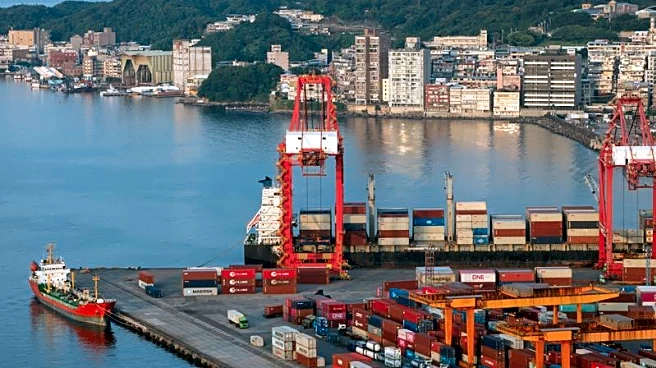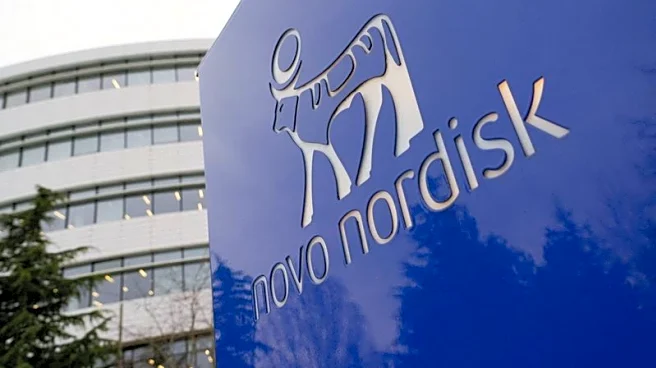Good morning, baseball fans!
Today, we’re stepping away from the game for a bit to discuss something serious. I know, I know. The worst on a Monday morning. But we have people in need of help, and I feel like it is our duty as humans to try to help those in our local communities when we are able to.
In the past, I’ve shared resources for how we, as a community, could help during times of emergencies like fires, floods, etc. Unfortunately, today’s emergency is entirely man-made. I don’t particularly
want to discuss the politics involved, but as a general overview, the United States government is still shut down. And it has been decided that they will not use the funding available in the USDA budget to continue to fund food assistance to the millions of Americans who rely on it.
Which means that as of Saturday, unless something drastic happened over the weekend, millions of Americans did not receive those benefits.
So today I want to discuss how we can help people make it through this incredibly difficult time. If you have the means to make a financial donation to your local food banks, now is a great time to do so. Many will let you set up monthly recurring donations as well, which will let you support them long-term.
Donating financially to these organizations is the best direct way to help, rather than going to the store and buying things to donate. Food banks are able to stretch one dollar into six with their strategic buying power through things like bulk orders, contracts with businesses to get food at a reduced rate, etc.
If you don’t have money to donate directly but still want to help, you can absolutely still go through your pantry and see what you can spare to donate that way. No donation is too small when this many people are at risk of going hungry.
If you end up deciding to purchase food to donate, try to make it things that people (especially kids) would want to eat. And keep in mind that a lot of shelf-stable foods require other things in order to be cooked. So things like oil, salt, pepper, flour, etc. are a good idea as well. Also baby formula, diapers, toiletries and home goods like paper products will likely be in high demand as well, but check with your local food bank to see what they are able to take.
I’m going to link food banks by county below, as well as some non-Bay Area specific options. If your area is not on the list, a quick Google search should pull it up. Most of the websites are similar and easy to navigate. You can find ways to donate and volunteer, and you can also find ways to receive assistance.
Contra Costa and Solano Counties

















